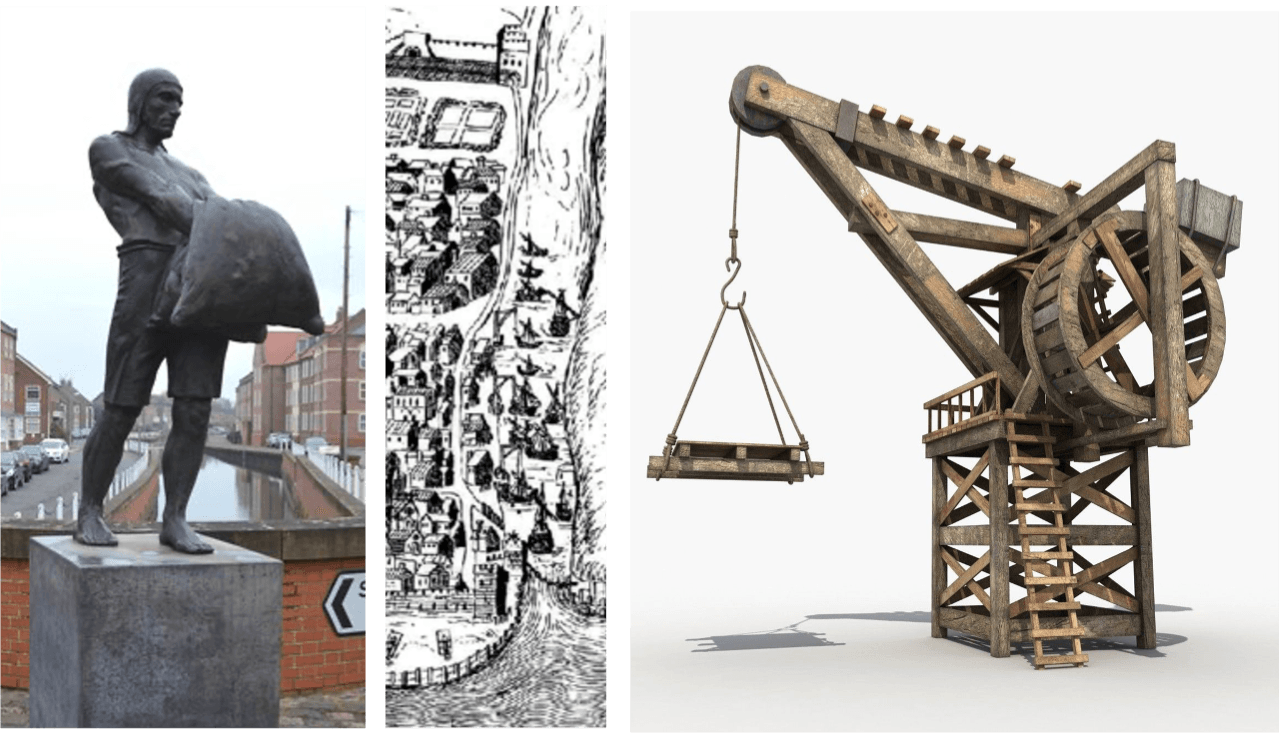


James Belich, Beit Professor of History at Oxford University, has released
The World the Plague Made, a book on the Black Death in the 14th century. I have known Jamie for many years and on a visit to Hull a while back he gave me a master class on local impact.
In 1299 the monks at Meaux sold the settlement of Wyke to the Crown – who changed the name to the fast growing port of Kingston-upon-Hull. The great historian Braudel speaks of history being what people make of their geography and, with so many rivers flowing into the Humber and the low land topography characterized by marshland, roads were “soluble” and multiple landing stages or staithes offered safer connectivity by boat.
Along came the Black Death – just look at the list of vicars in churches across the East Riding and see how many died tending their flock around 1346-52. The economist Schumpeter (1949) wrote of business cycles, the creative destruction of waves of innovation with outmoded methods replaced by the new. The bubonic plague revolutionized labour, trade, and technology early and set the stage for Europe’s global expansion.
There was a halving of population - piles of waste clothes pivoted into feedstock for the paper industry offering greater access to books - but a doubling of everything else. Many more people had disposable incomes; demand grew for sugar, spices, furs and much more. Europe expanded to supply new markets. More significantly for a growing port, the death toll decimated the men who could load and unload cargoes. For the Burghers of Hull this meant investing in cranes - first used 1347 - handling technology transforming the port of Hull and trade flows.
Hull, port city, has a long history of being a vector for disease. Cholera in the 1840s and 40s; Scarletina, 1880s; the Russian Flu in the 1890s and then, in the 1960s and 70s asbestos from South Africa played havoc with the lungs of Hull’s dockers – “no old dockers” was the saw. Snow ball fights in the holds “for a laugh” the saddest of ironies. More recently, along comes Covid to ram home the point.
Trade flows of old, supply chains today are conduits of disease - and triggers of innovation. Home working was a distant possibility when Covid struck; now we zoom rather than travel great distances. And yet, it is the shift from global to local supply, more resilience and less of finely tuned just-in-time delivery with no slack in the trade flow that will have the biggest consequence. Above all, health and wellbeing should feature more in productivity equations. Mental health and debilitating long covid, ventilation in the workplace all count.
Climate and conflict have their impact but when Covid shuts down ports like Shanghai the ripples go far and wide. Jamie Belich has written a magnificent book exploring a paradox: out of the havoc Black Death came innovation - the making of our world. Perhaps the real message is that health is shaping our futures.



Hull Medical Society | Privacy Policy